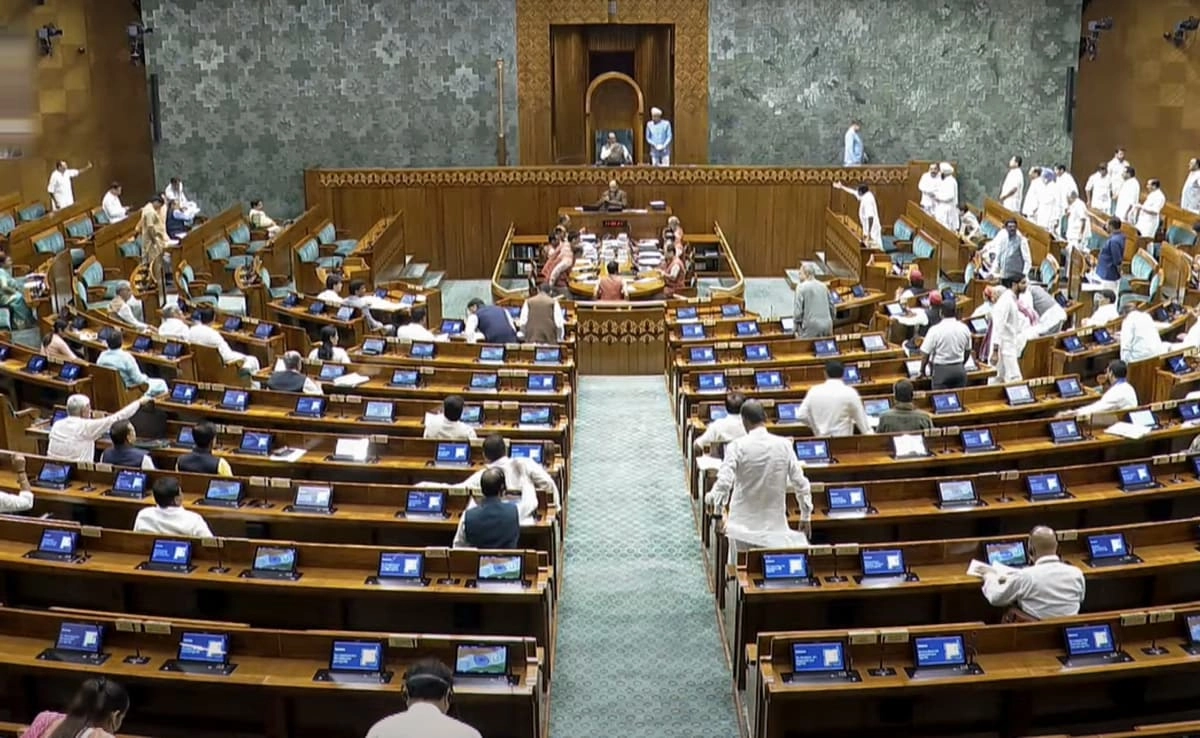In the wake of recent discussions surrounding former President Donald Trump’s legal challenges, a notable expert from the United States has emphasized the need for a more balanced perspective, particularly regarding the implications of his Russia-related oil charges. This expert, whose insights reflect a broader understanding of international relations and economic policies, argues that singling out India in this context is both unfair and counterproductive. The complexities of global energy markets mean that various nations, including India, are often intertwined in a web of trade and diplomacy that transcends any single leader’s actions.
The expert contends that the accusations against Trump, while significant, should not lead to the alienation of countries like India, which play a crucial role in the global economy. India’s growing demand for energy resources places it in a unique position, where its decisions are influenced by a multitude of factors, including geopolitical tensions and economic necessities. By focusing solely on India’s response to Trump’s charges, there is a risk of overlooking the broader implications for international trade, cooperation, and security.
Moreover, the expert highlights the importance of fostering dialogue and understanding among nations rather than creating divisions based on the actions of individual leaders. In the context of global challenges such as climate change, economic instability, and security threats, collaboration between countries is essential. A balanced approach that considers the interests and perspectives of all parties involved will not only help mitigate tensions but also promote a more stable and prosperous international environment.
In conclusion, the expert’s call to stop singling out India underscores the need for a more nuanced view of international relations. As the world navigates the complexities of energy dependence and geopolitical alignments, it is crucial to recognize that countries like India are not merely bystanders but active participants in shaping the future of global energy markets. By fostering cooperation and understanding, nations can work together to address shared challenges, ultimately benefiting the international community as a whole.




